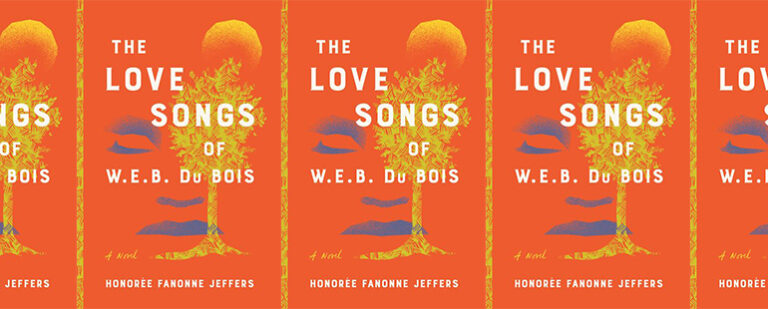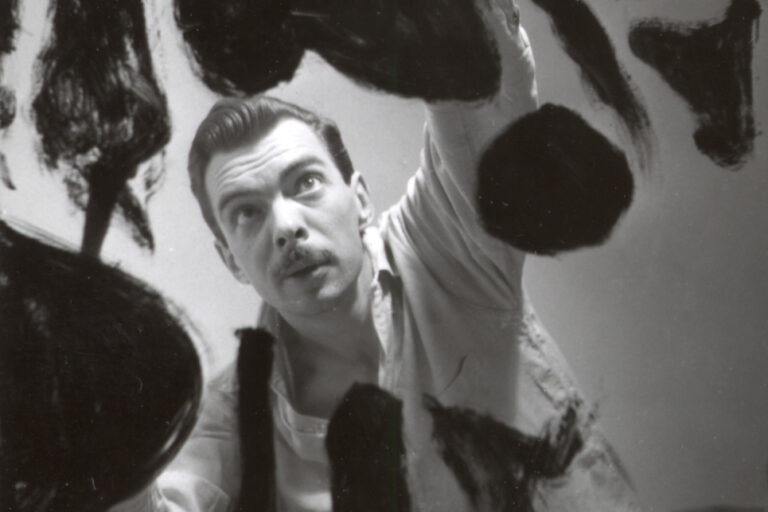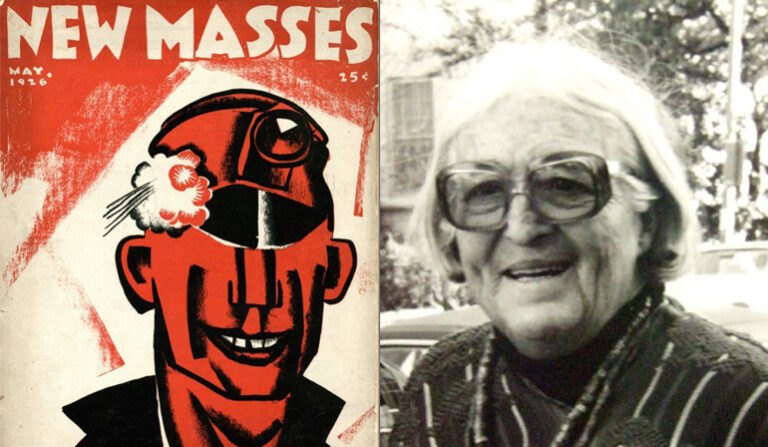Enduring Love

Lately, my mom has been telling me that family are the people who have to love you no matter what. As my siblings and I grow up and start the messy process of building our adult lives, it’s easy to let childhood-long resentments boil over into conflict and blame—we don’t have dependence on our parents and a shared house to tie us together anymore, and the urge to cut our losses and sever ties can be strong. But, as I’m reminded when I’m at my ugliest, what would be the point of family—or the point of love—if we didn’t strive to forgive and connect, in spite of the hurt we heap on each other?
The same question lies just below the surface of The Book of Atlantis Black, Betsy Bonner’s memoir, out today. Growing up in an abusive home, Bonner and her sister, Nancy, were drawn together by shared trauma and survival instinct as much as their affection for each other. While Bonner channels the pain of their childhood into societally acceptable outlets such as writing and teaching, Nancy renames herself Atlantis, embarks on a career as an independent musician, and spirals into drug addiction and a series of questionable relationships before dying in a Mexican hotel under mysterious circumstances. The tragedy of Atlantis’s death provides ample fodder for an exposé on the difficulties of loving a destructive family member, but Bonner focuses on an altogether different and thornier topic: the vagaries and imperfection of family love, a bond often held up as primal. In doing so, she creates an expression and artifact of her complicated love for her sister.
Bonner’s understanding of family love as fragmented—moments of connection and empathy picked out from a landscape of dysfunction—originates in her and Atlantis’s childhood. The two were primarily raised by their father, who directed his violent rage toward his daughters. Recounting an incident when he slammed Atlantis’s head into their bedroom wall repeatedly, Bonner admits, “It wouldn’t shock me if he damaged my sister’s brain, long before any drugs.” In spite of this clear-eyed assessment of the fallout of his abuse, Bonner’s relationship with the man is not void of tenderness. She remembers how, when she was home from college watching him die of cancer, he “woke up and reached for me. He touched my hair—lightly, lovingly. My father.” This moment, which is as aching in its longing as it is brief, follows Bonner’s admission that “I was committed to loving the people in my family, not because they were easy or even kind but because they had been given to me.”
Bonner’s determination to love is woven throughout the fabric of The Book of Atlantis Black, creating a binary the work struggles with. On the one hand, love is unconditional, not predicated on any action or corresponding kindness on the receiver’s part. On the other, love can also be categorized, even counted—the moments when Bonner’s determination breaks through and is met with recognition and compassion. Love is both enduring and artifact; it abides indefinitely and is also painfully limited.
This binary carries over to Bonner’s relationships with her mother and Atlantis. Their mother’s fights with debilitating mental illness leave her ill-equipped to defend the girls from their father’s abuse, while in her manic periods she declares, “I hate kids!” and tells Bonner and Atlantis she only had them to “see what you’d look like.” She never means to maliciously harm her children, but the absence her struggles leave in their lives is palpable. Bonner and Atlantis’s connection carries a different strain of complexity, encompassing camaraderie and cruelty on both sides. During a sledding outing when they are children, Atlantis ridicules Bonner as fat and mocks her before lending her her sled when Bonner’s doesn’t work. A furious Bonner begins to cry and then hits Atlantis on the head with the sled when their back-and-forth bickering devolves into a fight. The moment of kindness when Atlantis lends her sled is undercut by her abrasiveness and unpredictability, demonstrating a pattern that will govern the girls’ relationship for years to come, and showing the difficulty Bonner has finding untainted memories of her sister.
A keen awareness of the times when she didn’t love Atlantis, when her concern for her boiled over into frustration and disgust, governs Bonner’s memories of the sisters’ adulthood as well. Atlantis graduates from an unstable childhood to a peripatetic maturity, finding some fulfillment in the independent music scene but unable to hold on to any kind of stable relationship. Plagued by addiction and destructive tendencies, she crisscrosses the country while engaging in transactional relationships with a variety of shady figures. Enmeshed in her “good-sister role,” Bonner spends the same time teaching creative writing in Greece and visiting the purported site of the lost city her sister named herself after. Here, Bonner is on the other side of the limited love that governs her familial ties, finding herself pulled into Atlantis’s orbit even when she actively tries to escape it. “My sister was not the worldly woman she thought she was,” she says of her thoughts towards Atlantis at the time. “She was a sad, pitiful creature.”
Atlantis’s death from a reported overdose in a Tijuana hotel only furthers Bonner’s complicated feelings toward her sister. In one of the memoir’s most wrenching sections, Bonner unexpectedly becomes pregnant. “A part of me wanted to have that baby,” she says, explaining that she and her boyfriend named the unborn girl and that she imagined a beautiful life for her. In the end, though, Bonner could not overcome her fears that the baby would inherit the mental illness that defined her mother and sister. In particular, she is haunted by her mother’s recent suicide, which took place “in the twin bed that my sister used to sleep in.” Atlantis and their mother both showed their struggle to express love in more volatile ways than Bonner’s quiet anguish, transforming her catalogue of connections and missed opportunities into a raw, bleeding wound that she is desperate to avoid. “I could not give birth to another Atlantis,” she writes.
Bonner’s decision to end her pregnancy, which is obliquely hinted at rather than spelled out, encapsulates the binary of limited and unconditional love that she struggles with throughout her memoir. It’s clear that she does care for her sister and wants the best for her. It is equally clear, as the book goes on, that she is exhausted by the draining work of loving Atlantis. “My own life has been shaped by what I inherited,” she says, “most of all, my sister’s story.” That story includes a deep bond, but it is also marbled with guilt and trauma. Faced with the prospect of raising a child who may suffer from the same illnesses and cause her the same pain, she finds that she cannot. Bonner’s guilt, as well as her anger and pain, are palpable. Guilt that she is incapable of overcoming her weariness and resentment, and anger, perhaps, that Atlantis would not (or could not) accept the love she offered.
At a slim 263 pages, the memoir echoes Bonner’s struggles to break through to her sister in its short, impressionistic chapters. Paragraphs float alone, separated by a single asterisk. Chapters are periodically broken up by black pages, usually bearing a quote from a taped interview Atlantis recorded before her death. Isolation abounds in the blank page space, the starts and stops extending the fractured nature of Atlantis and Bonner’s relationship until it becomes a felt and physical presence. If in The Book of Atlantis Black, love moves from ideal to disparate moments of connection, from universal experience to an artifact, then the book itself becomes the embodiment of that artifact, standing as a poignant representation of love gained and lost.
The Book of Atlantis Black offers no solutions for this gap between the idea of unconditional love and limited human experience. Realistically, no solution is possible. Love is an ideal, and human beings are complicated and flawed enough to reduce most ideals to good, but missed intentions. Less an exorcism than a tribute, it strives to make every stylistic quirk mirror the halting but deeply-felt contours of Bonner’s relationship with her sister. It is by showing the breaks between unconditional devotion and the reality of loving a sister caught in self-destruction that the book succeeds, becoming a physical expression of Bonner’s flawed, human love.
This piece was originally published on August 4, 2020.


